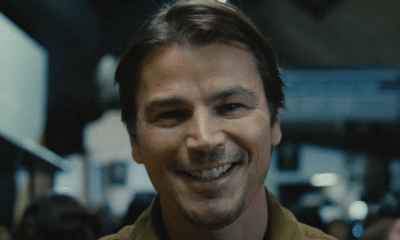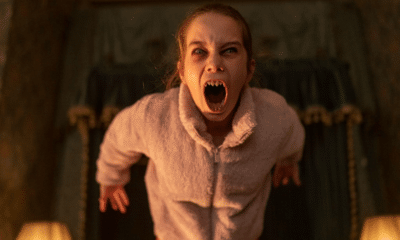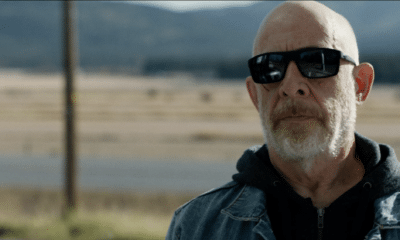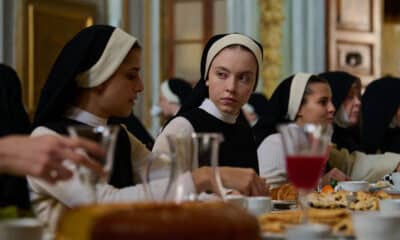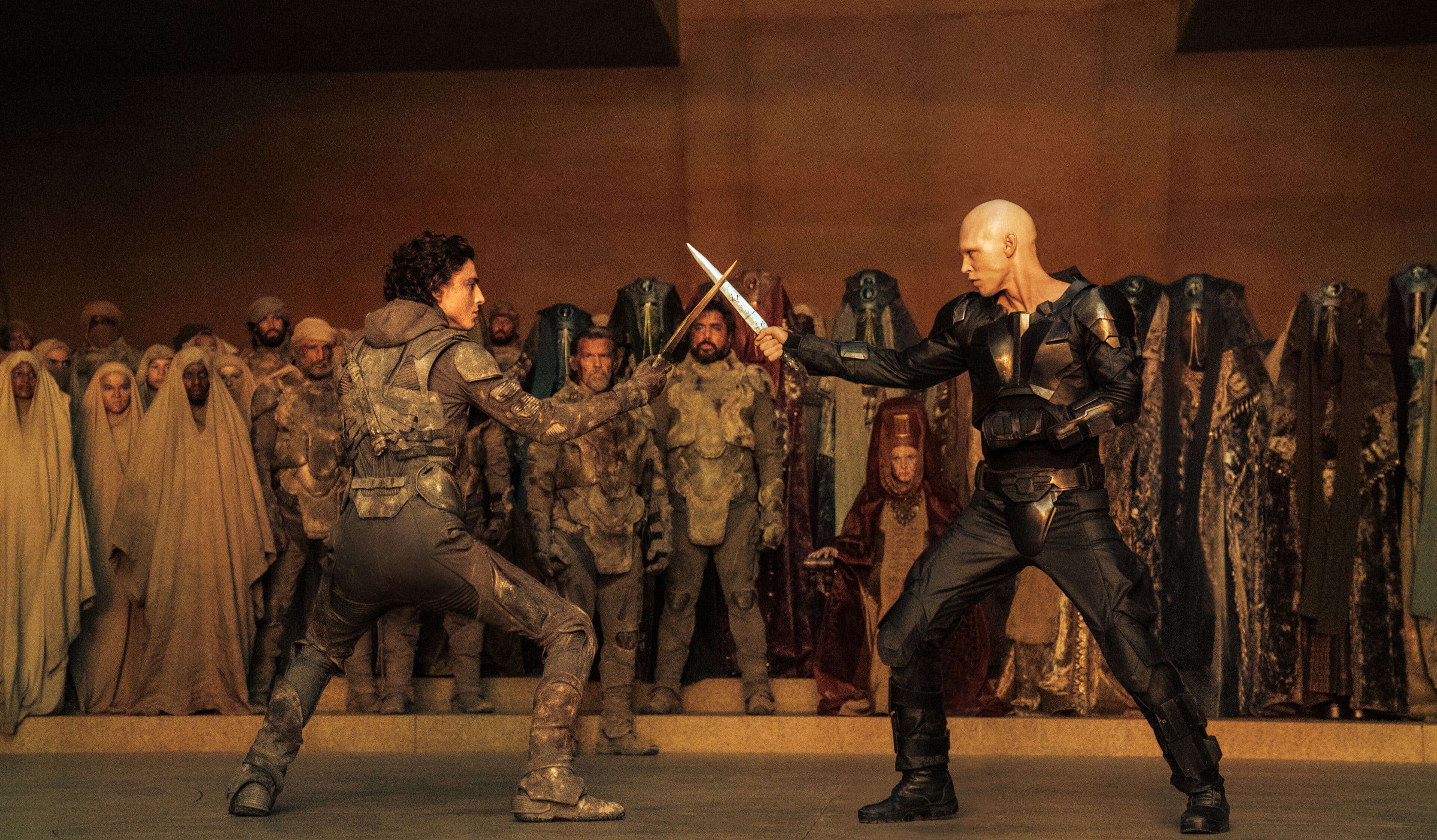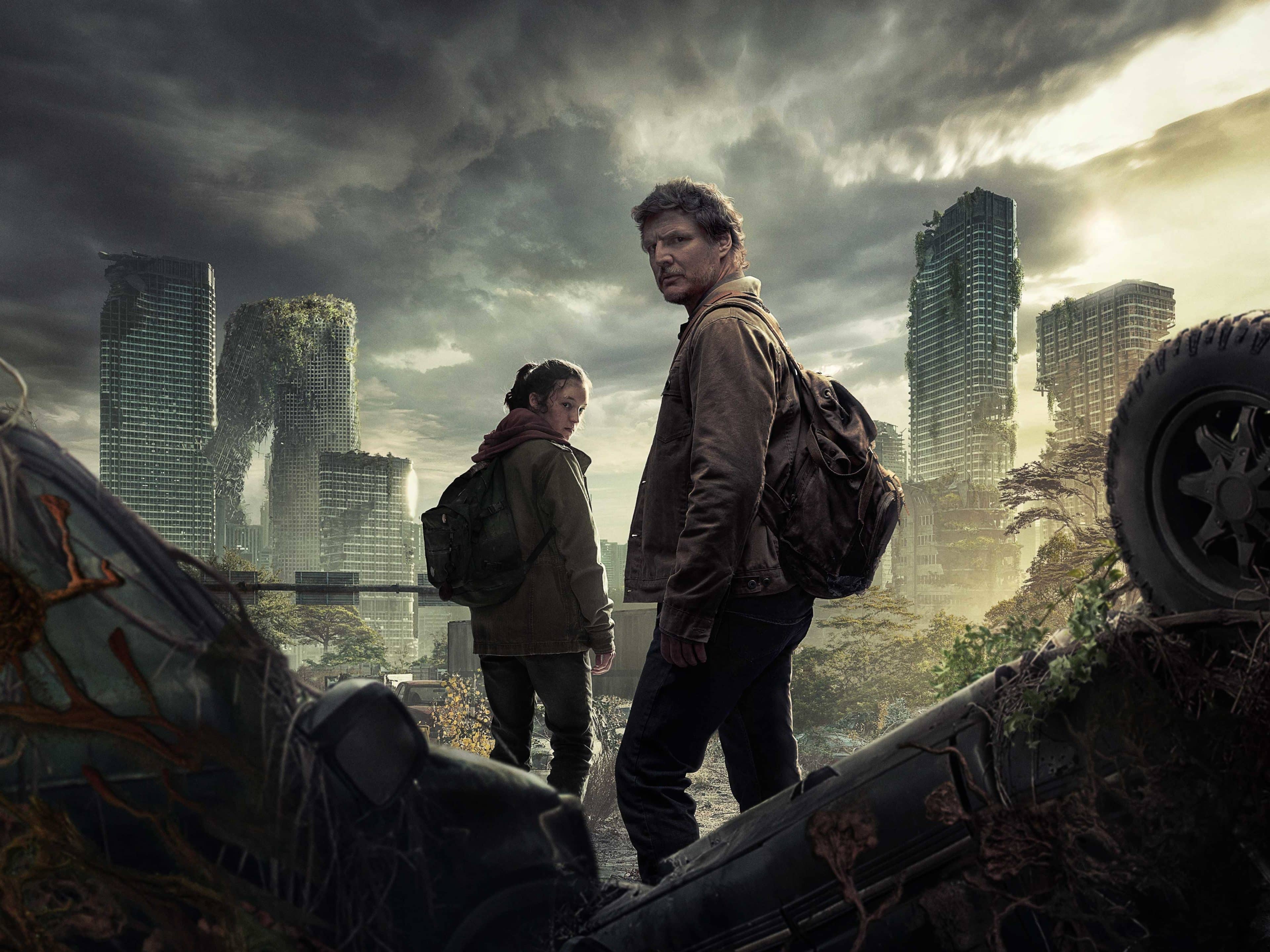 A bustling café on Redchurch Street in East London is the delightful setting for our interview with Frances Lea; the only female film-maker named as one of the UK Stars Of Tomorrow in 2011. Last week saw the release of her latest film and so, after ordering our obligatory coffees, we begin to discuss STRAWBERRY FIELDS.
A bustling café on Redchurch Street in East London is the delightful setting for our interview with Frances Lea; the only female film-maker named as one of the UK Stars Of Tomorrow in 2011. Last week saw the release of her latest film and so, after ordering our obligatory coffees, we begin to discuss STRAWBERRY FIELDS.
‘It’s a story partly inspired by A STREETCAR NAMED DESIRE,’ she explains, ‘primarily about the intricate workings of a relationship between two sisters. The protagonist, Gillian, has run away from Emily, and gets a job at a strawberry picking farm, where she starts a burgeoning romance with Kev. She changes her name and re-invents herself, before Emily, who is demanding, devious and spoilt, unexpectedly shows up. In addition to these traits, we also begin to realise she is disturbed, unstable and that she’s keeping Gillian in the role of her carer. Kev gets caught in the crossfire whilst trying to help Gillian, and the strawberry fields are both setting, and catalyst, for the emotional changes we begin to see within the characters. They have no easy answers to their problems, but must adapt and learn to deal with them.’
The themes utilised in Lea’s work suggest she has a penchant for tackling difficult subject matter, and we were intrigued as to what compelled her to tell such a tale.
‘Some of it derives from my past preoccupation with the way society treats those who are deemed too difficult to deal with, because of their sex, or class, or mental health issues. So many people and institutions turn their back on them or label them ‘crazy’, even though many are just human beings who’ve been dealt a hand that’s too difficult for them. I’ve always been interested in behaviour in the context of society and how society affects it. A large part of human behaviour is sex, within which the subjects of rights and contraception are very contentious, and are recurring themes in my work.’
Lea collaborated with two exceptionally dedicated actresses on the film, in Anna Madeley and Christine Bottomley, who play Gillian and Emily respectively.
 ‘Anna is a great talent to work with. She was completely on top of the character, and excellent at portraying Gillian’s subtleties, of which there are many. I worked with her and Christine together a lot, and they had previously worked together too, several times, so that was an enormous advantage. They had a great chemistry, which they worked on with me, before going off and discussing the characters, what their family history would have been like, and making up games and stories from their childhood, in order to know where they were coming from. They really worked efficiently on the relationship and brought it to life.’
‘Anna is a great talent to work with. She was completely on top of the character, and excellent at portraying Gillian’s subtleties, of which there are many. I worked with her and Christine together a lot, and they had previously worked together too, several times, so that was an enormous advantage. They had a great chemistry, which they worked on with me, before going off and discussing the characters, what their family history would have been like, and making up games and stories from their childhood, in order to know where they were coming from. They really worked efficiently on the relationship and brought it to life.’
Emun Elliott portrays Kev, who wrestles with a resonating inner conflict of his own, and is caught between the two powerful female personalities.
‘He really impressed us at the auditions with a fiery performance. He’s magnetic on-screen, and expertly conveyed two key aspects of Kev’s character; the damaged, self-destructive drive he has, as well as his empathetic side. It was very important that he wasn’t just a bad boy, so Emun put a lot of effort into getting that across. All three of them brought such intelligence and dedication to the project, making it a huge pleasure to be a part of.’
Lea’s script was backed by Microwave, a scheme that invests in a diverse range of talent, helping their voice be heard via small but passionate productions.
 ‘Getting people to understand Gillian’s character and have faith in the concept was the initial challenge, because she is the protagonist, yet she seems to be this quiet, docile young woman, who is surrounded by larger-than-life personalities. Of course, we find out as the story progresses that – as Anna so eloquently put it, when asked about the experience of portraying a ‘passive’ character – ‘she isn’t, she’s a rock’. It’s only when you peel the layers away and engage with her that you begin to realise she is a strong female lead.’
‘Getting people to understand Gillian’s character and have faith in the concept was the initial challenge, because she is the protagonist, yet she seems to be this quiet, docile young woman, who is surrounded by larger-than-life personalities. Of course, we find out as the story progresses that – as Anna so eloquently put it, when asked about the experience of portraying a ‘passive’ character – ‘she isn’t, she’s a rock’. It’s only when you peel the layers away and engage with her that you begin to realise she is a strong female lead.’
‘The hardest practical issues we faced involved trying to do something different, whilst attracting the right people to the project, because there were limits to what we could pay people for. It was painfully restrictive, had a real impact, and required lots of time and patience. It’s a very tough way to make a film, but I realised it the way I wanted to, and it was a very positive experience overall.’
When it comes to talent behind the camera in the film industry, the equality of genders has not yet fully prevailed. Lea is one of relatively few female directors to have her work commercially released.
‘We definitely have a long way to go, certainly in terms of directing. I think it has to be about people sticking their neck out and taking risks with up-and-coming female directors. It seems less risky to go with aspiring male film-makers, but this could also be to do with how some men and women assert themselves; relatively speaking, young women don’t tend to do the hard sell as much as young men. However, on a positive note, it is much easier now in the digital age, where anyone can have their own editing suite at home. Female directors have quite a strong voice on the internet now, so it is growing. It just needs to be transferred onto the screen, because it is still very disproportionate.’
 As we discuss the ins and outs of the industry and its pitfalls, we manage to coax some advice from our interviewee regarding the right kind of attitude to have, particularly if you’re a woman, and you want to succeed in what can be a ruthless environment.
As we discuss the ins and outs of the industry and its pitfalls, we manage to coax some advice from our interviewee regarding the right kind of attitude to have, particularly if you’re a woman, and you want to succeed in what can be a ruthless environment.
‘I can only go from my experience, but you have to make what you want to make. I constantly created purely for the love of doing it, or because I wanted to tell a certain story, or make a film with certain people. At the time I didn’t worry about whether my work would reach a wide audience. I think you have to pursue your honest interests, develop the necessary skills, and be resourceful and persistent with your own ideas. You don’t want to be a martyr either, because you obviously need to earn money to survive, and maintain a personal life. Be persistent, and have good people around you; which you’ll attract anyway if you’re determined to.’
After such a highly pressurised production process, we were curious to discover what Lea had learned from the whole experience.
‘Perhaps the most exciting and constant lesson I’ve learned is how to manage difficult material within a film that challenges the viewer, and then turn that into a commercial product. I worked a lot with distributors and with Film London to ensure it’s a sellable product, and it’s been very educational. I’ve learned to balance the necessity of remaining true to your ideas, with being flexible too, because if you’re too rigid, it stops being a learning process.’
STRAWBERRY FIELDS is out now, and you can read our review here.
Martin has been a film buff (or geek, if you prefer) for as long as he can remember. However, he lives and longs for storytelling of all kinds, and writes across numerous mediums to feed his insatiable appetite. He lives in north-west London, and his favourite films are, possibly: PAN'S LABYRINTH, THEY LIVE, PSYCHO, HIGH FIDELITY, ONE FLEW OVER THE CUCKOO'S NEST, STAND BY ME, SIDEWAYS and OFFICE SPACE.

Latest Posts
-


Film Trailers
/ 8 hours agoM. Night Shyamalan’s ‘Trap’ trailer lands
Anew experience in the world of M. Night Shyamalan.
By Paul Heath -


Film News
/ 23 hours agoFirst ‘Transformers One’ teaser trailer debuts IN SPACE!
The animated feature film is heading to cinemas this September.
By Paul Heath -


Film Reviews
/ 23 hours ago‘Abigail’ review: Dirs. Matt Bettinelli-Olpin & Tyler Gillett (2024)
Matt Bettinelli-Olpin and Tyler Gillett direct this new horror/ heist hybrid.
By Awais Irfan -


Film Trailers
/ 1 day agoNew trailer for J.K. Simmons-led ‘You Can’t Run Forever’
A trailer has dropped for You Can’t Run Forever, a new thriller led by...
By Paul Heath
